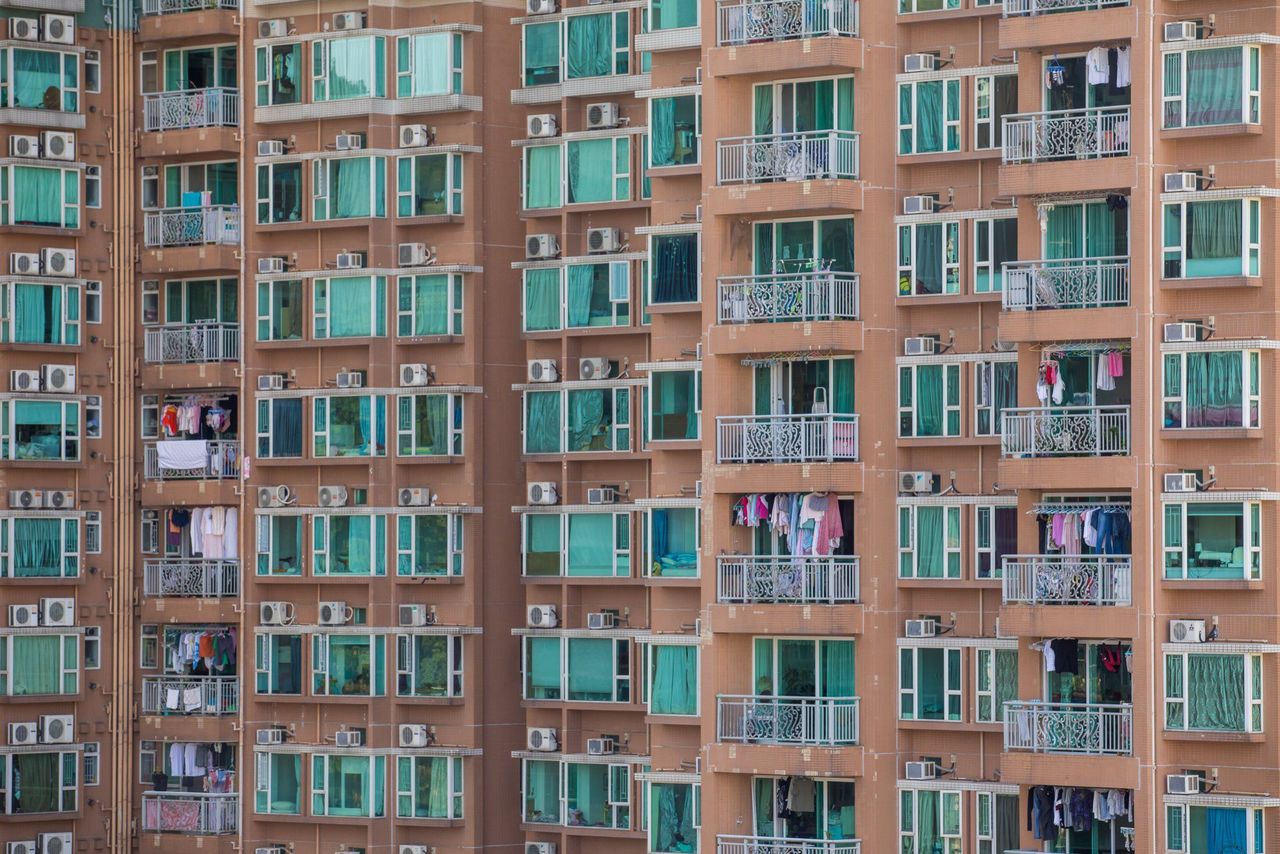Hong Kong News

Organisers confident over Sunday protest turnout despite Hong Kong police curbs
Organisers of a demonstration in Tseung Kwan O, who were asked by Hong Kong police to put a number tag on every participant, have said they are confident about the turnout of the Sunday rally but will not admit protesters to the gathering once the 100-person quota has been filled.
A group of homeowners in Tseung Kwan O protesting a reclamation plan obtained a letter of no objection from police to organise a demonstration on Sunday, but it came with unprecedented conditions.
Every participant must wear a number tag, according to the letter, to ensure there would not be more than 100 people taking part in the procession. The organiser also had to obtain proof of “reasonable excuse” from those who wore masks.
Cyrus Chan Chin-chun, one of the organisers and a member of the Concern Group For Tseung Kwan O People’s Livelihood, said they would turn potential participants away after all 100 number tags were handed out.
 Residents of Metro Town in Tseung Kwan O are set to protest on Sunday against a reclamation plan.
Residents of Metro Town in Tseung Kwan O are set to protest on Sunday against a reclamation plan.
“It definitely will be exceeded,” said Chan, referring to the attendance cap imposed by the police. “It’s not just one housing estate organising it as there are eight to 10 estates behind us.”
He said about 300 residents from two of the private developments had already signed up for the rally, though the force eventually trimmed the event’s attendance.
The application for the march, which would proceed from the Tiu Keng Leng Sports Centre to the seaside promenade of Tseung Kwan O, was made by an owners’ association of the private development Metro Town.
Chan on Saturday learned that a minority of committee members of the association had contacted police to question the validity of the application, but he said he believed the event could carry on as planned.
District councillor Edwin Cheung Chin-pang, who represents the area where Metro Town is located, confirmed that “some residents” were opposing the protest, and he defended the conditions imposed by police for safeguarding public safety.
“After a nearly three-year absence of gatherings and demonstrations, society might have accumulated a lot of resentment,” Cheung said, adding he would not attend because of crowd control concerns.
But Cheung acknowledged that Tseung Kwan O residents had firmly opposed the government’s plan to build six facilities on Area 132, a new patch of reclaimed land southwest of Tseung Kwan O.
The proposed facilities, which include a concrete plant and a transfer hub for construction waste, have been labelled by lawmakers as “obnoxious”.
 The procession will begin at Tiu Keng Leng Sports Centre.
The procession will begin at Tiu Keng Leng Sports Centre.
Cheung said his earlier online petition had collected more than 10,000 signatures and government officials had been providing “cookie-cutter” feedback to the resident’s enquiries.
“The residents felt their feelings had been completely ignored,” Cheung said.
Li Pak-tong, a committee member of Metro Town’s owners’ association, told the Post that while residents were “surprised” by the requirements imposed on them for the protest, “they are still going to attend”.
The demonstration would be the first since authorities removed all pandemic social-distancing limits and the mask mandate.
Earlier this month, the Hong Kong Women Workers’ Association abruptly called off a march to mark International Women’s Day. Police said after the cancellation that they had found that violent gangs had indicated they would attend the march.
Organiser Chan maintained the group would press ahead despite mounting pressure. “If everyone’s scared of it, we will never hold another protest,” he said.
But it appeared not everyone in Chan’s concern group had the same appetite for risk.
District councillor Andrew Chan Yiu-chor on Saturday announced his departure from the residents’ concern group on his Facebook page, citing the conduct of another member with the surname Chan.
He explained to the Post that he fully respected the residents’ right to protest, but pointed out he had been left out of the group’s key decisions for a while, such as co-organising the Sunday protest, which he described as the “final nail in the coffin”.
“In this political environment we have to tread very carefully,” Chan said. “I’m really concerned [the group] is becoming a runaway train.”











